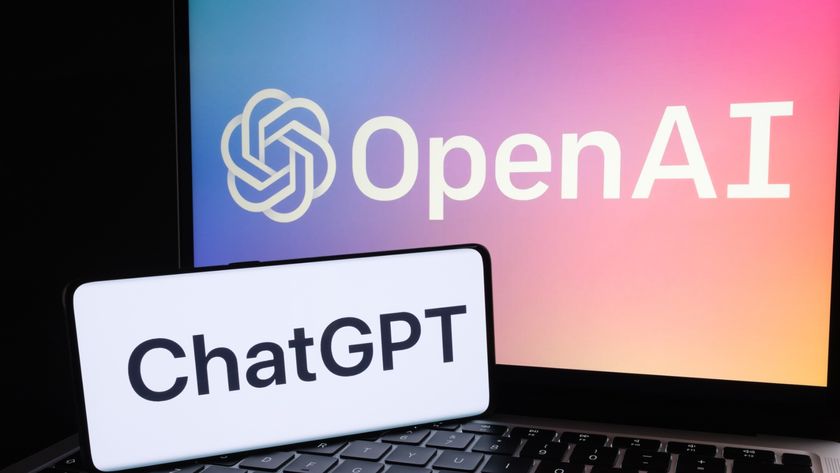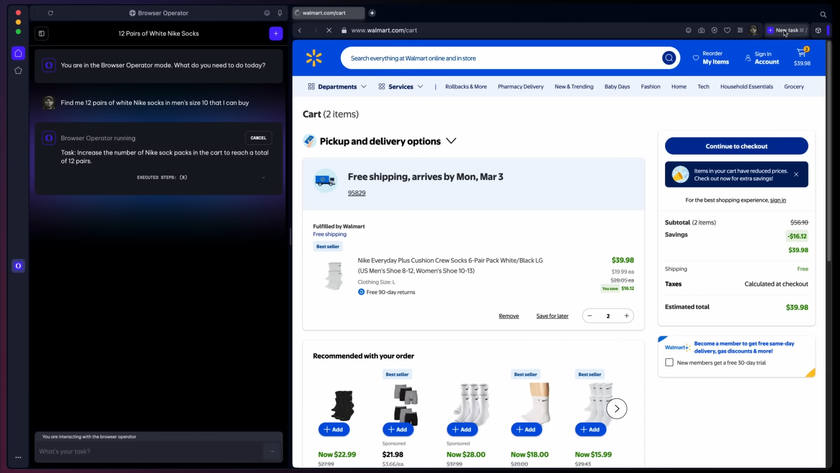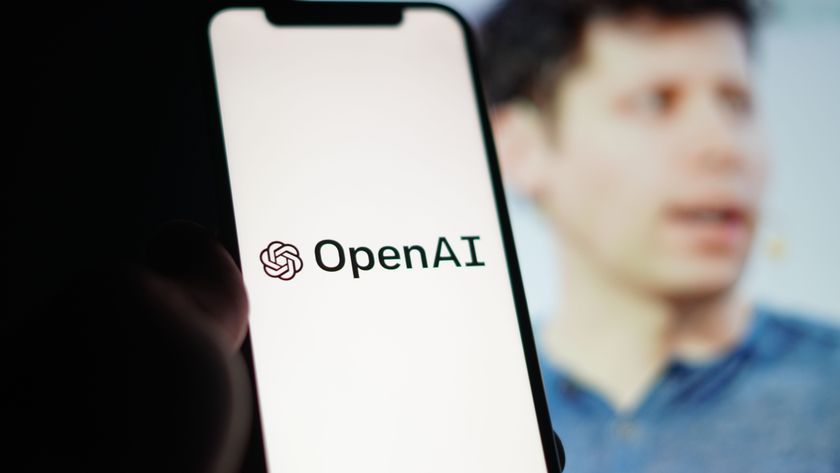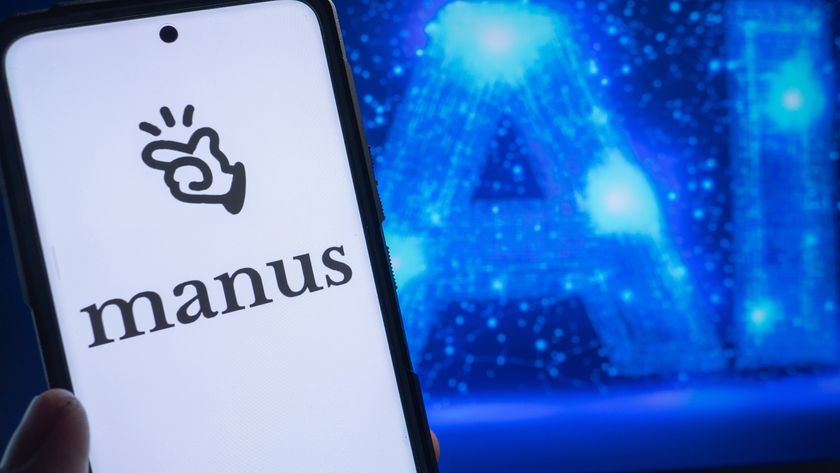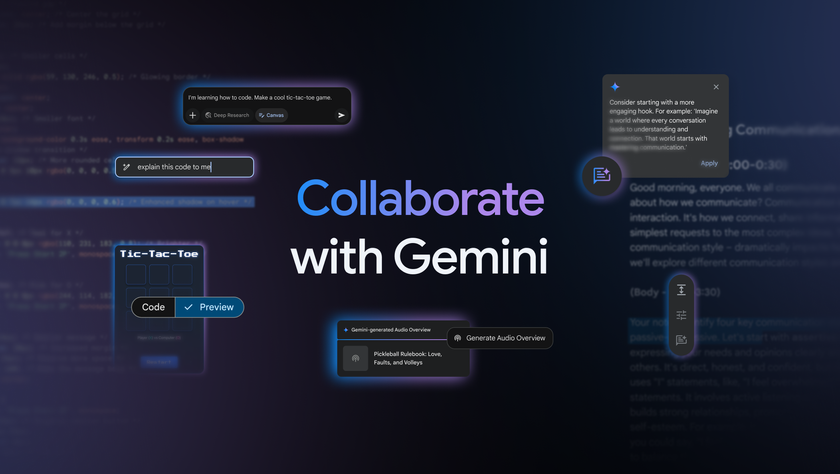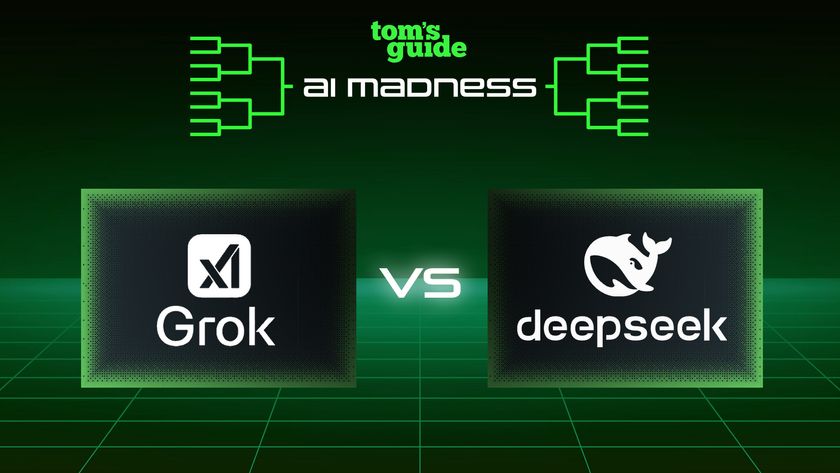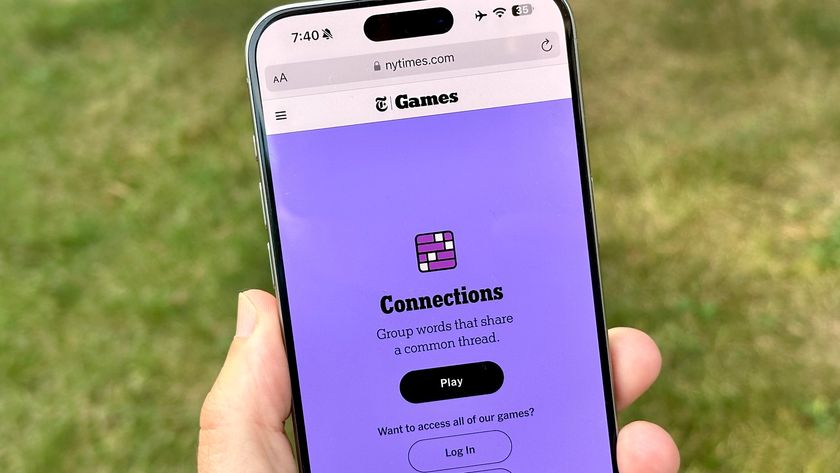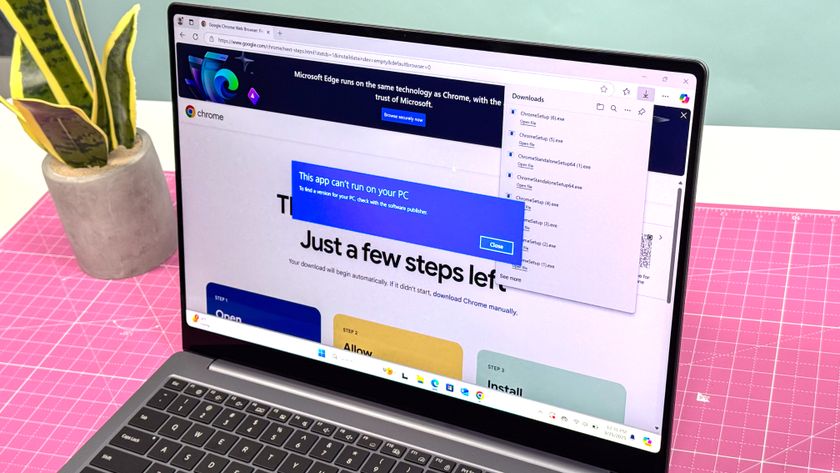OpenAI launches ‘Operator’ – everything about the new agent that can use a computer for you
The future is here
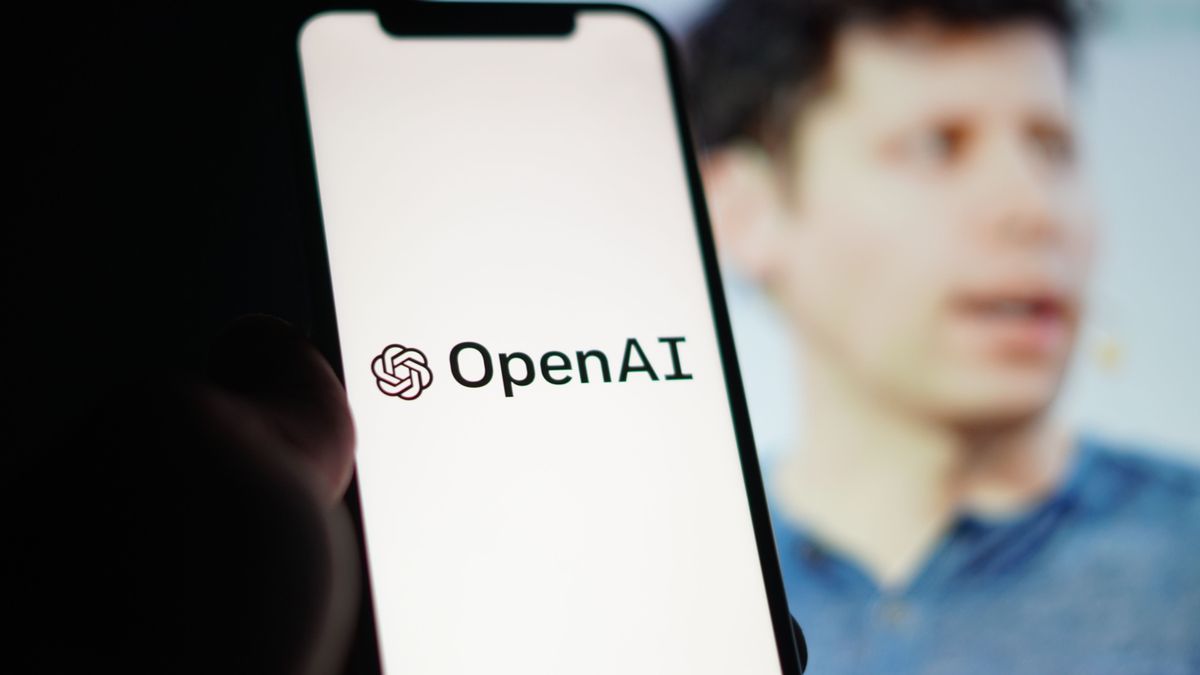
OpenAI has unveiled "Operator," an advanced AI agent designed to autonomously perform tasks on the web, marking a major leap in AI independence. Currently available as a research preview to ChatGPT Pro subscribers in the United States, Operator empowers users to delegate complex online activities, to an AI-driven system.
Unlike traditional AI models that rely on predefined APIs, Operator utilizes a "Computer-Using Agent" (CUA) model. This innovative approach combines GPT-4o's vision capabilities with advanced reasoning through reinforcement learning, enabling Operator to browse the web by interpreting screenshots and performing actions such as typing, clicking, and scrolling.
The new agent can even navigate and manipulate web interfaces much like a human user, allowing it to take on tasks such as ordering groceries, making reservations, and more.
Practical applications
Although unavailable for causal users just yet, the practical applications are already being seen. The obvious purposes include handling online tasks that up until now required human intervention. For instance, it can purchase plane tickets, order a pizza, and compile expense reports without the assistance of a human. The possibilities are endless when it comes to automating routine activities; Operator aims to enhance productivity and streamline daily workflows for its users.
To align Operator with real-world applications, OpenAI, is collaborating with companies including DoorDash, Instacart, OpenTable, Priceline, StubHub, Thumbtack, and Uber to not only utilize the agent's capabilities but also ensure it adheres to the businesses' terms of service agreements.
These partnerships aim to refine Operator's functionalities and ensure it meets diverse user needs. While Operator currently excels in various tasks, it may face challenges with complex interfaces, such as creating slideshows or managing calendars, but it is still in review and undergoing safety testing to work out these setbacks.
Safety and user control
OpenAI has implemented several safety measures to ensure the responsible use of Operator. The agent is programmed to self-correct and will transfer control back to the user if it encounters difficulties or when sensitive information, such as login credentials, is required. Additionally, Operator seeks user approval before executing critical actions like sending emails, thereby maintaining a balance between autonomy and user oversight.
Availability and competition
The introduction of Operator positions OpenAI prominently in the competitive AI agent market alongside other AI giants like Anthropic, which introduced an autonomous agent last year. OpenAI’s move underscores the industry's shift towards creating AI that can perform tasks independently, reflecting a broader trend in AI development focused on enhancing user convenience and efficiency.
As Operator continues to evolve through user feedback and strategic partnerships, it is poised to become an integral tool for individuals and businesses seeking to optimize their online interactions and productivity.
OpenAI plans to expand access to Operator across more user tiers and integrate its capabilities into ChatGPT, broadening its availability and utility. Until then, OpenAI just announced that its latest model, o3-mini is available for free, giving users even more ways to use its chatbot.
Sign up to get the BEST of Tom's Guide direct to your inbox.
Get instant access to breaking news, the hottest reviews, great deals and helpful tips.
More from Tom's Guide
- OpenAI’s ‘o3-mini’ is free for all users — what you need to know
- Samsung Galaxy S25 AI features — here's everything that's new
- Apple temporarily limits notification summaries in iOS 18.3 update — here's why

